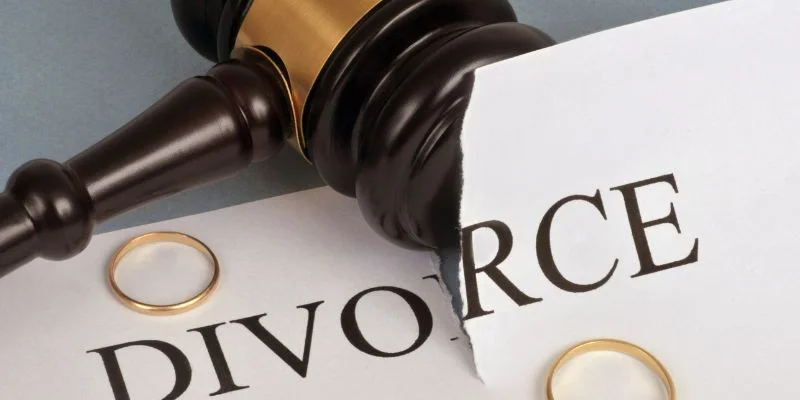What you want from your divorce
Getting a divorce may not just be about getting the legal document that says you aren’t married anymore. There is often a house to think about, shared finances, or children. Your life is possibly going to be very different once the divorce goes through, and you have to have a clear idea before you enter into the divorce process what you want to try and achieve.
But in deciding what your objectives are for your divorce settlement, you have to be realistic. Courts try to be fair to both sides and are usually unwilling to give one party much more than another unless there is a very good reason to do so. What they will do is look at what each of you needs to live on, and if there are children involved, to put the interests of those children first.
Nor are courts interested in debates about how and why the relationship broke down, who was right and who was wrong. You may think that you deserve more from the divorce because your partner cheated on you or because you feel their behaviour was unreasonable. If a court is involved, they will take an objective view, especially if children are involved. Any settlement the court considers will be designed to be fair taking into account current and future need.
Discuss with your partner on divorce approach
Divorces are much quicker, cheaper and less destructive if both parties behave in a sensible, co-operative manner. It is not easy – and sometimes simply not possible – to agree before you begin how you will both approach the process. But remember: if you fall out and the divorce process becomes a prolonged and bitter battle, the only ones who win will be the lawyers. If you have savings or equity in your home, these can quickly get eaten up in legal fees. Whatever the financial differences between you, you have one thing in common: you want to give as little of your money as you can to the lawyers.
Consider mediation before consider a lawyer
Mediation is now a standard option within the divorce process. This is for a very good reason. If you and your ex can agree on the key issues (with or without a mediator) – the arrangements for any children, who has the house, what to do about savings, money and pensions etc – all the lawyers really have to do is draw up the agreements and the need for a full court hearing (with all the expense and risk of disappointment involved) is avoided.
You may want to make sure you understand your legal position before you consider mediation. It can also help to be clear about your financial and other matters as well, to help agree a settlement. Instructing a lawyer first is an option; a mediator may also suggest this during the process as it can help both parties agree. However, many mediators are also trained lawyers and will help you to sense check the proposed agreements to help make sure you are happy with what is agreed in the longer term.
Do legal services cost before pick an attorney?
The way we purchase legal services is changing. Ten years ago you’d probably see a local solicitor on your high street. But things have moved on. Legal services are now also available online or through call centres. These modern alternatives might look more cost effective – since they have lower overheads by offering remote services – but they might also be based at the other end of the country, which could impact on how you communicate with your lawyer.
Make it clear to an attorney on result you seek
Many of the divorces which go wrong – and the complaints which arise as a result – do so because there is a breakdown in communications. Customers are not clear with their lawyers what they want; lawyers fail to consult their clients about decisions that are being made. When this happens, disappointment is guaranteed.
Clarity on both sides is vital. If there is something – for example a family keepsake – which is not financially significant but really matters to you, tell your lawyer; if the lawyer doesn’t know, they can’t make sure that is factored into the settlement. But the lawyer also needs to keep you fully informed about how the case is progressing, asking for your input into key decisions (whether to accept a suggested settlement or challenge it; whether to instruct a senior, expensive barrister or a more junior, cheaper one). That way, there should be less room for dispute between you.
Stay calm
Going through a divorce is a stressful experience; the emotions involved can allow for poor decisions to be made. Be aware of how you are feeling and how your partner is feeling. It may be that some of what you are each pursuing in the divorce is for emotional rather than logical reasons and you should think about whether it is worth the cost both in financial and emotional terms.
Ask Questions
There is no such thing as a si ly question. For instance, you might ask what will happen if you change your mind and don’t want a divorce at all. Or you might be wondering whether you have to pay towards some of your partner’s costs.
Don’t scare of Challenges or complains
If there is a problem with your lawyer’s service you should tell them. The vast majority of lawyers want to do a good job and will want to try to put it right. If you don’t get what you want, remember that you are entitled to complain. If you do complain, be clear about what you think has gone wrong and what you want done. As always, stay calm and be reasonable. But hold your ground: you are the client and it is your case.
